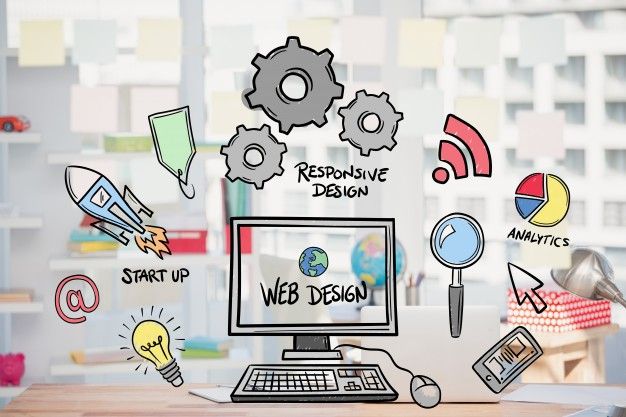How Web Designers Currently Use AI
Introduction
In the contemporary landscape, web designers are leveraging AI in various innovative ways to streamline their processes and elevate user experiences. AI technologies have provided designers with tools to automate design tasks, personalize user interactions, optimize responsiveness, and even generate and curate content. This integration of AI into web design practices has not only expedited workflows but also enhanced the overall quality and customization of websites. Let’s delve into the specific ways in which AI is currently transforming the field of web design.
Web designers presently utilize AI in various ways to enhance their design processes and user experiences:
Automated Design Tools: AI-powered design tools assist in creating layouts, suggesting color schemes, and generating design elements, expediting the initial phases of web design.
Personalized User Experiences: AI is employed to analyze user data and behavior, enabling designers to create personalized website experiences, including tailored content and product recommendations.
Chatbots and Customer Support: Integrating AI-driven chatbots and virtual assistants enhances user interactions, providing instant support and guidance, thereby improving overall user experience.
Responsive Design Optimization: AI helps optimize websites for responsiveness across different devices and screen sizes, ensuring a consistent and user-friendly experience.
Content Generation and Curation: AI tools aid in generating and curating content, including image recognition, content summarization, and even writing basic articles, saving time for designers and marketers.
Predictive Analytics: Designers use AI for predictive analytics to anticipate user behavior, such as identifying potential drop-off points in user journeys and optimizing website flows accordingly.
By integrating AI into their workflow, web designers can streamline processes, enhance user experiences, and stay at the forefront of technological advancements in the field of web design.
Conclusion
In conclusion, the integration of AI has revolutionized the field of web design, offering a spectrum of benefits. From automating design tasks to personalizing user experiences, optimizing responsiveness, and facilitating predictive analytics, AI has become an indispensable ally for web designers. As AI continues to advance, its role in web design will likely expand, empowering designers to create more tailored, efficient, and user-centric web experiences. Embracing AI in web design is not just a trend, but a strategic move to stay competitive in an ever-evolving digital landscape.

